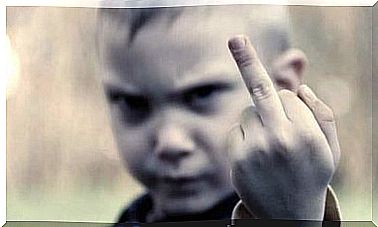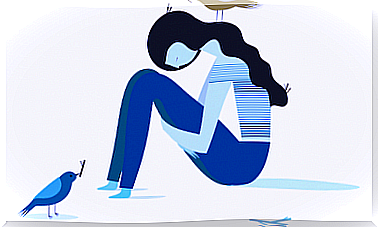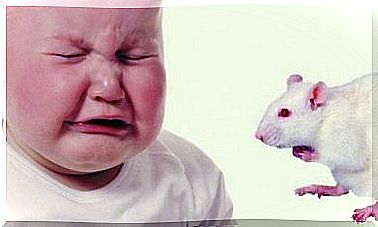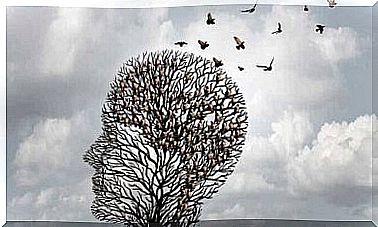How Does The Brain React To The Absence Of A Loved One?

The absence of a loved one, a loved one, is a source of suffering for anyone. Although loving and losing someone you love is a constant in life, we never completely resign ourselves to it. It’s as if, even though we know nothing lasts forever, we refuse to accept that this is how it is. It’s a kind of psychological rebellion, since, for now, science doesn’t allow the real.
We often say that there is a contradiction between reason and heart. The mind tells us that we must accept this absence, but something deeper refuses to completely let down its guard and settle for this loss.
This is because both the presence and absence of a loved one trigger reactions in areas where we have little control. In love and pain there are physiological processes involved. There are changes that are physical and that exceed what we can understand and manage. This is what explains the so-called “opponent process theory”.
The Opponent Process Theory
The Opponent Process Theory was developed by Solomon and Corbit in 1974. According to this approach, our brain tends to seek emotional balance. And the way you choose to do that is by trying to neutralize emotions. To achieve this, he performs a recurrent operation: when an intense emotion arises, which takes away our usual stability, the response is to give way to the opposite emotion or “corrective emotional stimulus”.
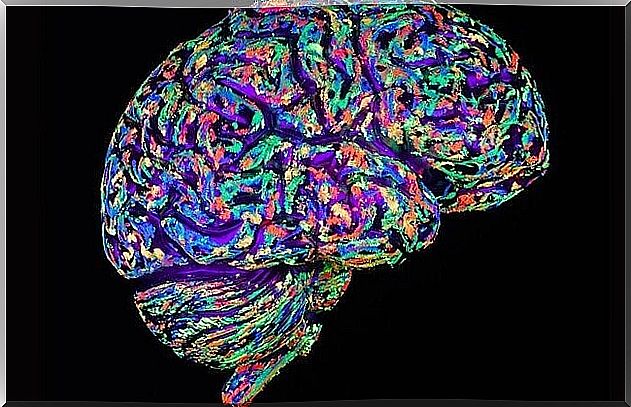
According to this theory, the response stimulus is weak at first, but little by little it gains strength. These principles can explain, in part, both what happens in an addiction and what happens in the brain after an emotional loss.
When the initial emotion appears, it is very intense. It has no opposition and therefore reaches a maximum level. This is what happens, for example, in passion. However, little by little, the opposite stimulus appears, although at first it is not noticed. Gradually, it gains strength to neutralize this initial emotion.
The opposing process and the absence of a loved one
In brain terms, the absence of a loved one has effects similar to those of the withdrawal syndrome, experienced by those who are addicted to some substance. In both cases, there is an initial stimulus and a “corrective stimulus”.
Take the example of drinking alcohol. The drinker has a series of euphoric reactions. Uninhibited and “anesthetizes” in the face of any discomfort that you are experiencing. The next day, everything happens in reverse. The person is likely to be depressed, insecure, and want to recover from the initial stimulus by drinking more.
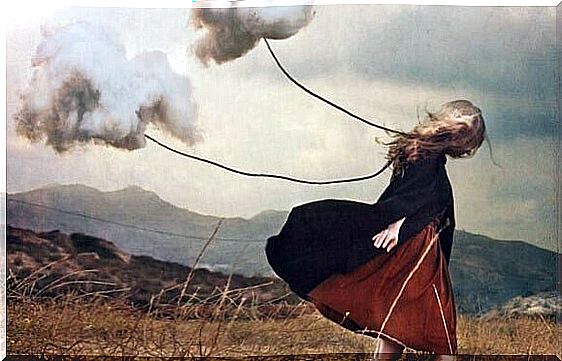
In the case of feelings, the initial stimulus is the affect itself. There is attachment, need of that person. Joy to see her. In couples, especially, this initial emotional stimulus is very intense. At the same time, the opposite stimulus appears. That’s why, over time, the intensity of the beginning gives way to a certain “neutrality” in feelings.
However, if there is an absence, either because that person leaves or because he dies, there is a decompensation. The initial stimulus disappears and only the “corrective stimulus” remains, which in turn intensifies. This is experienced in a very unpleasant way: with sadness, irritability and all the emotions involved in grief.
a chemical problem
All emotions also occur organically. This means that each emotion corresponds to a physiological process in the body and chemical changes in the brain. When we love someone, we don’t just do it with the soul, but also with the elements of the periodic table and how they manifest in the organism.
That’s why the absence of a loved one isn’t just an emotional emptiness. There is a lot of oxytocin, dopamine and serotonin that loved ones generate. When they are not there, the body undergoes a disorder that, in principle, cannot be balanced. It takes time for a new opposing process to take place: that in the face of intense negative emotion, a “corrective stimulus” emerges to regain balance.
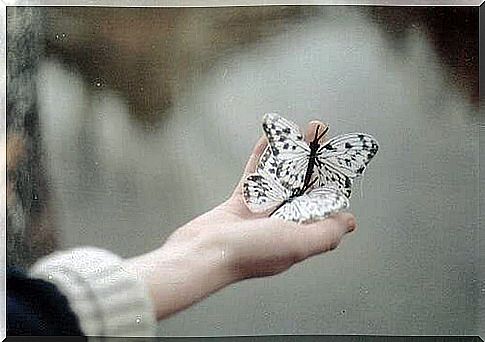
What is the use of knowing all this? Simply to understand that the absence of a loved one has profound implications for the mind and body. That it is inevitable that, after a loss, a rearrangement process that takes a while will follow. It is often just a matter of allowing these processes to take place. Trust the fact that we came designed to regain balance.


